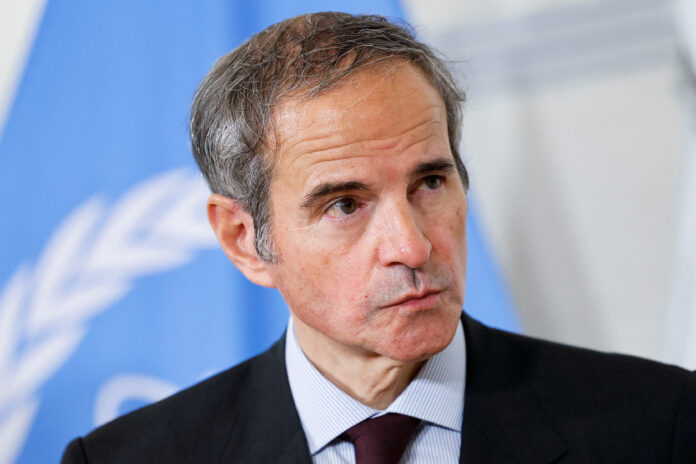UN nuclear watchdog chief Rafael Grossi has warned that Iran could begin producing enriched uranium again in just a few months, even after suffering major damage to its nuclear facilities from airstrikes. Speaking to CBS News, Grossi explained that although we and Israeli forces targeted several key sites, some parts of Iran’s nuclear infrastructure remain functional.
Israel launched airstrikes on Iranian military and nuclear locations on June 13, claiming it aimed to stop Iran from developing nuclear weapons—an allegation Iran has repeatedly denied. The US followed up by bombing three major facilities linked to Iran’s atomic program. Iranian Foreign Minister Abbas Araghchi described the damage as “serious” but said full details were still unknown.
Despite US President Donald Trump’s claim that the attacks had pushed Iran’s nuclear plans back by decades, Grossi disagreed. He said Iran could potentially restart a few centrifuge cascades and resume enrichment activities within months.
One key issue is the fate of Iran’s 408.6 kilograms of highly enriched uranium. The stockpile, enriched to 60 percent, is above civilian-grade levels but still under the threshold for weapons use. If further enriched, the material could produce over nine nuclear bombs. Grossi told CBS the IAEA has no clear idea where that uranium is now. He noted that while some may have been destroyed in the strikes, other parts may have been moved, and more transparency is needed.
Iran’s parliament has since voted to halt cooperation with the IAEA. Authorities in Tehran also denied Grossi’s request to visit critical sites, including the Fordo enrichment facility. Grossi emphasized the importance of inspectors verifying what remains and what has been lost or relocated.
Trump, in a separate interview with Fox News, expressed confidence that Iran had not managed to move its uranium stockpile. He argued the surprise nature of the attacks made relocation unlikely.
Meanwhile, US Secretary of State Marco Rubio praised the IAEA’s efforts, reaffirming America’s backing of the agency’s role in verifying and monitoring Iran’s nuclear activities.
The full interview with Rafael Grossi will be broadcast on “Face the Nation with Margaret Brennan” this Sunday.

